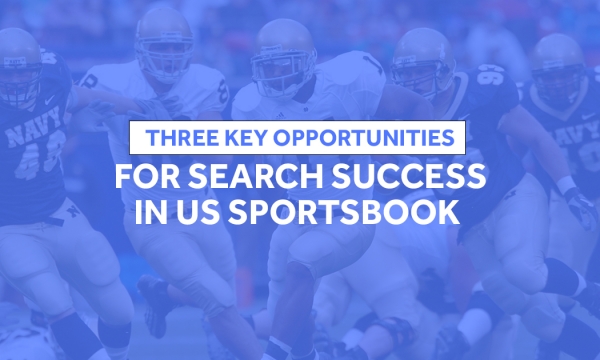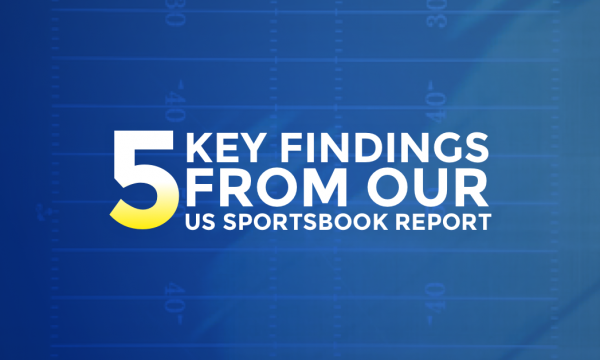There are some big changes coming to Facebook that are likely to make it even harder for brands to reach their audiences.
Facebook is not winning many friends with brand page owners at the moment, making no secret of the fact that it expects brands to start paying to get their content distributed across their follower base. Last week, it announced changes that are likely to increase that rift.
Control your news feed

Facebook is rolling out a new settings menu that will allow users to determine what types of content they want to see more of, and what they want to see less of.
It comes as Facebook recognises that many of its users are facing something of an 'information overload' in their newsfeeds, due to the sheer number of posts being made by the friends and pages that they follow. The site estimates that, whilst the average user has around 1,500 stories that could potentially appear in their feed, they only see around 150. Facebook does use algorithms to try and prioritise that content, ensuring that the most relevant appears in a user’s feed, but it admits that the system “isn’t perfect”.
With these changes users who, for example, have a long-time friend who regularly posts content that they aren’t interested in, can ask Facebook to show less content from that person. Similarly, they can ask Facebook to prioritise content from the people that they do like hearing from.
The same principle will apply to pages and groups, which means that brands could find it more difficult to reach their audiences in the future. Those brands that post unimaginative, irritating or particularly controversial posts are likely to find that users opt to see less of their content.
A squeeze on ‘overly promotional’ posts

Facebook backed-up those changes with another announcement this week that it had again tweaked its algorithm, which will squeeze “overly promotional” posts from the news feed.
The change is set to take effect in January 2015 and from then, users are much less likely to see any posts that encourages them to buy a product, install an application or enter a competition. The site has also confirmed that the change will not increase the number of ads displayed on the site.
In a blog post, Facebook explained: “As part of an ongoing survey we asked hundreds of thousands of people how they feel about the content in their News Feeds. People told us they wanted to see more stories from friends and pages they care about, and less promotional content.
“What we discovered is that a lot of the content people see as too promotional is posts from pages they like, rather than ads.”
Facebook at Work

Another big announcement came this week with the news that Facebook is launching a new ‘Facebook at Work’ service, designed to take on Linkedin and similar career-focused social networks.
The service, which would be separate from a user’s normal Facebook profile, would allow users to communicate with colleagues, connect with work contacts and collaborate on documents as with Google Drive and Microsoft applications.
The project will be led from Facebook’s offices in London and, whilst the site will look very much like the usual Facebook page, it will allow users to keep their private and professional lives separate.


